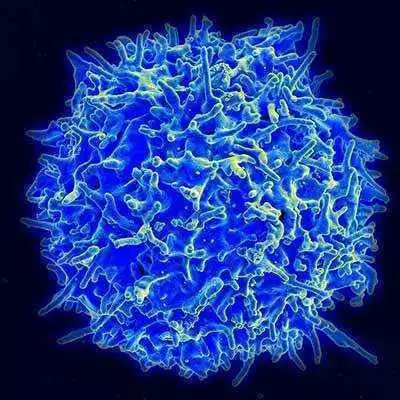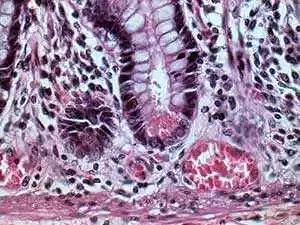Celiac.com 08/17/2015 - In an interesting update, researcher Giuseppe Mazzarella, of the Immuno-Morphology Lab at the Institute of Food Sciences of the National Council Research in Avellino, Italy recently set out to examine the role of effector and suppressor T cells in celiac.
 Celiac disease is a T-cell-mediated immune disorder in which gliadin-derived peptides activate lamina propria effector CD4+ T cells.
Celiac disease is a T-cell-mediated immune disorder in which gliadin-derived peptides activate lamina propria effector CD4+ T cells.
Celiac.com Sponsor (A12):
This activation triggers the release of cytokines, compatible with a Th1-like pattern, which play a crucial role in the development of celiac disease, and which control many aspects of the inflammatory immune response.
Previous studies revealed that a novel subset of effector T cells, marked by expression of high levels of IL-17A, termed Th17 cells, plays a key role in celiac disease.
Although these effector T cell subsets produce pro-inflammatory cytokines, which cause significant tissue damage in celiac sufferers, recent studies have suggested the existence of additional CD4(+) T cell subsets with suppressor functions.
These subsets include type 1 regulatory T cells and CD25(+)CD4(+) regulatory T cells, expressing the master transcription factor Foxp3, which have important implications for the development and progression of celiac disease.
Source:
- Open Original Shared Link








Recommended Comments